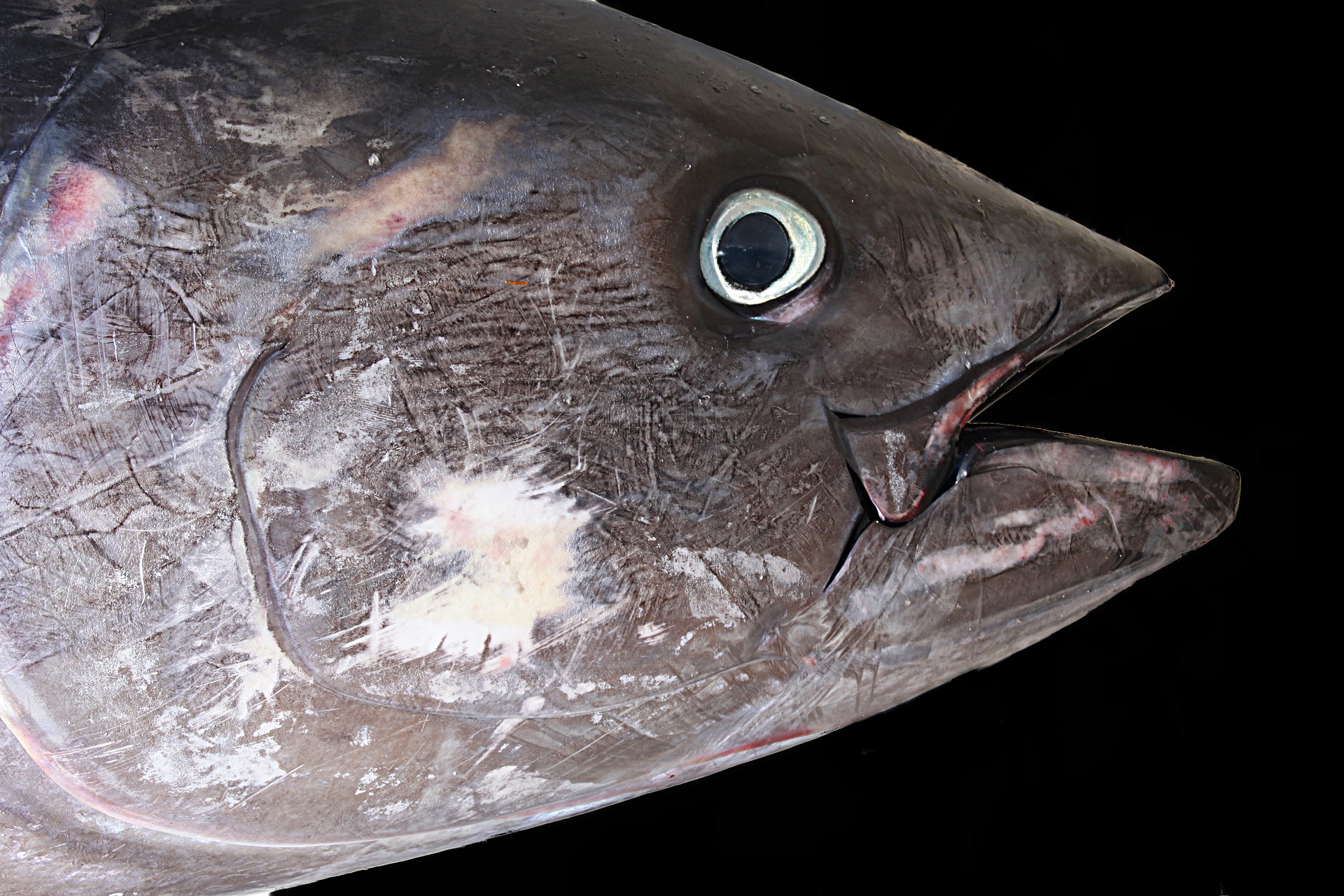Mozambique ‘Tuna Bond’ Scandal: Ex-President Guebuza’s Son on Trial

The son of Mozambique’s ex-president and 18 others have gone on trial over the $2bn (£1.5bn) “tuna bonds” affair.
Ndambi Guebuza, son of former President Armando Guebuza, and the others face charges of blackmail, embezzlement and money laundering.
They have not yet commented on the charges.
Mozambique’s biggest corruption scandal led donors including the IMF to cut funding for the country and the economy to collapse.
The trial is being held in a large canvas tent in the grounds of a maximum-security prison in the outskirts of the capital, Maputo.
The city’s courtrooms were deemed too small for the scores of lawyers, 70 witnesses and 250 media workers who have been accredited to attend.
In the opening court session, the judge said all the accused must attend court in prison uniform.
Although Mr Guebuza is no longer in office, his Frelimo party remains in power, as it has been since independence in 1975.
How did the scandal happen?
Between 2013-2014, three newly established companies took on $2.2bn of debt, much of it without the knowledge or approval of the country’s parliament. Auditors reportedly discovered $500 million of the money was missing.
The Mozambican government stood as guarantor of the loans, meaning the state would repay them if things went wrong.
The money was allegedly used to buy a large tuna factory and a maritime security fleet, as well as to finance other deals involving companies in which the state is a leading shareholder.
In 2016, the government swapped some of the debt for a conventional bond, issued by the state. Soon afterwards, it admitted the full scale of the borrowing, triggering an economic crisis in Mozambique.
The country’s currency lost a third of its value, inflation surged and foreign donors pulled out.
Richard Messick, who writes the Global Anti-Corruption Blog, told the BBC’s Newsday programme: “The law of Mozambique says that when the executive takes out a loan, it’s got to tell the parliament. It’s quite clear.”
He says that as a result of the deals, “a couple of million people were thrown into poverty” and “several billion dollars [was] knocked off economic growth”.
The loans were issued by Credit Suisse and the Russian bank VTB to three Mozambican companies: Proindicus, Ematum (Mozambique Tuna Company) and MAM (Mozambique Asset Management).
Three former Credit Suisse bankers have pleaded guilty to US charges of money-laundering over the case.
Mozambique is suing Credit Suisse in a London court, asking for some of the loans to be nullified and also seeking compensation.
Credit Suisse has issued a counter-claim in the UK courts against Mozambique and has previously said the former employees acted without the company’s knowledge.
Who else has been accused?
Among the other accused are Gregorio Leao, head of the Security and Intelligence Service (SISE) under Mr Guebuza, and Antonio do Rosario, who became chairperson of all three companies.
One notable absentee from the trial is former Finance Minister Manuel Chang. He has been under detention in South Africa since December 2018, in response to an arrest warrant issued by authorities in the United States, on charges of conspiracy to commit wire fraud, securities fraud and money laundering.
The South African authorities have just agreed to extradite him to Mozambique, rather than the US, the Reuters news agency reports.
He denies any wrongdoing.
Article credit: https://www.bbc.co.uk/news/world-africa-58304737
